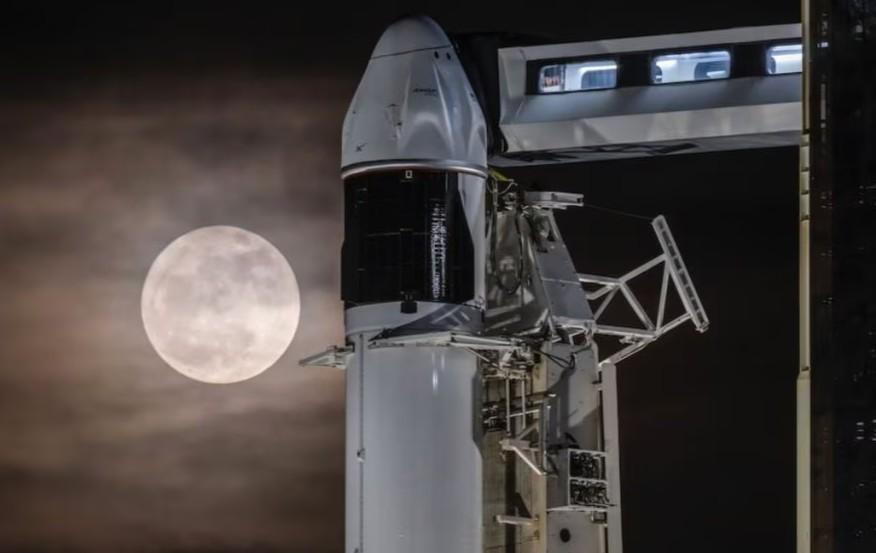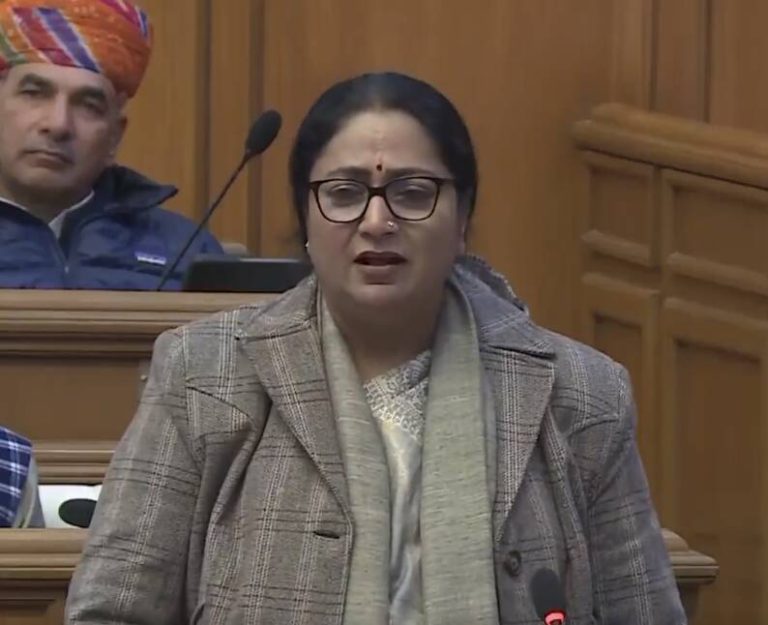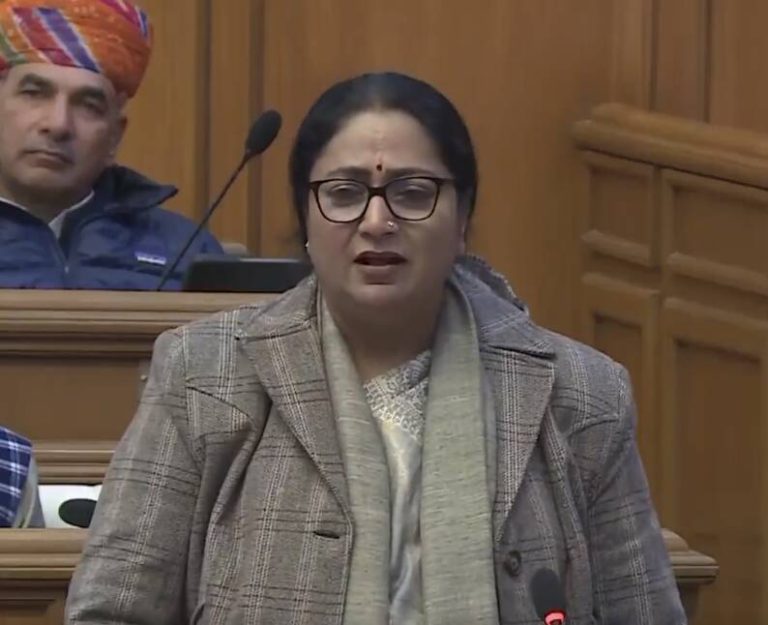
Pichai, Musk & Bezos competing to establish data centres on Moon: Report
The world’s top tech billionaires, Sundar Pichai, Elon Musk, and Jeff Bezos, are now competing in a new frontier: establishing data centres on the Moon. According to a report by the Wall Street Journal, these tech moguls are exploring the possibility of storing and processing data on the lunar surface. The report highlights the advantages of the Moon’s environment, which could significantly reduce the costs and environmental concerns associated with traditional data centres on Earth.
The idea of building data centres on the Moon may seem like science fiction, but it’s an concept that’s gaining traction. The Moon offers a stable environment with low temperatures in certain regions, which could reduce cooling costs for servers. This is a significant advantage, as cooling systems account for a substantial portion of the energy consumption and costs of traditional data centres. By leveraging the Moon’s natural environment, these data centres could operate more efficiently and sustainably.
Another significant benefit of building data centres on the Moon is the availability of open land. On Earth, data centres are often limited by the availability of land, and their construction can have significant environmental impacts. In contrast, the Moon offers vast, untouched territories that could be used to build huge facilities without the same environmental concerns. This could enable the construction of larger, more efficient data centres that can support the growing demands of cloud computing and data storage.
The report suggests that Sundar Pichai, CEO of Google and Alphabet, Elon Musk, CEO of SpaceX and Tesla, and Jeff Bezos, founder of Amazon and Blue Origin, are all exploring the possibility of establishing data centres on the Moon. These tech leaders are reportedly drawn to the Moon’s potential as a hub for data storage and processing, and are investing heavily in the development of lunar infrastructure.
The push to establish data centres on the Moon is driven by the growing demand for cloud computing and data storage. As more businesses and individuals move their data and applications to the cloud, the need for efficient and sustainable data centres is becoming increasingly pressing. The Moon’s unique environment and availability of land make it an attractive location for building large-scale data centres that can support this growing demand.
Elon Musk’s SpaceX is already making significant strides in lunar development, with its Starship program aimed at establishing a permanent human presence on the Moon. Musk has also hinted at the possibility of using the Moon as a hub for data storage and processing, and has suggested that SpaceX could play a key role in establishing lunar data centres.
Jeff Bezos’ Blue Origin is also investing heavily in lunar development, with its New Armstrong program aimed at establishing a human settlement on the Moon. Bezos has spoken about the potential of the Moon as a hub for data storage and processing, and has suggested that Blue Origin could play a key role in establishing lunar data centres.
Sundar Pichai’s Google is also exploring the possibility of establishing data centres on the Moon, and has reportedly been in talks with NASA and other space agencies about the potential for lunar data storage and processing. Google has already made significant investments in cloud computing and data storage, and is likely to be a major player in the development of lunar data centres.
The competition between Pichai, Musk, and Bezos to establish data centres on the Moon is likely to drive innovation and investment in lunar development. As these tech moguls compete to establish a presence on the Moon, they will be driven to develop new technologies and infrastructure that can support the establishment of large-scale data centres.
The establishment of data centres on the Moon could have significant implications for the future of cloud computing and data storage. By leveraging the Moon’s unique environment and availability of land, these data centres could operate more efficiently and sustainably than traditional data centres on Earth. This could enable the development of new cloud computing and data storage services that are more efficient, scalable, and sustainable.
In conclusion, the report of Pichai, Musk, and Bezos competing to establish data centres on the Moon is a significant development that highlights the growing interest in lunar development and the potential of the Moon as a hub for data storage and processing. As these tech moguls invest in lunar infrastructure and compete to establish a presence on the Moon, they will drive innovation and investment in new technologies and services that can support the establishment of large-scale data centres. The future of cloud computing and data storage is likely to be shaped by the development of lunar data centres, and it will be exciting to watch as this new frontier unfolds.





